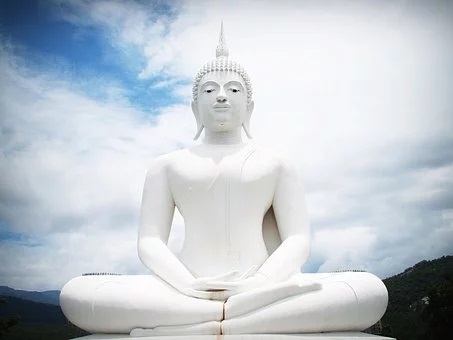What is the relation between death and realization of the nature of mind? Buddhism holds that all sentient beings have Buddha nature but for reason of being obscured by defilement are unable to realize it. During a brief period after death, as all consciousnesses, self-grasping and sense organs cease to function as well as all external disturbances, Buddha nature will thus present itself. It is like seeing the blue sky when clouds are dispersed, or abiding in the absolute quietness on the moon; the nature of mind shall be realized in such state. Realization gained in this state is much purer and clearer than that attained in sitting meditation in real life. Therefore, many Vajrayana practitioners not only do not fear death but also see death as once in a lifetime opportunity to propel the mind to higher level.
~Depicted from THE HANDBOOK FOR LIFE'S JOURNEY -On Death And Rebirth-What Life Truly Is











